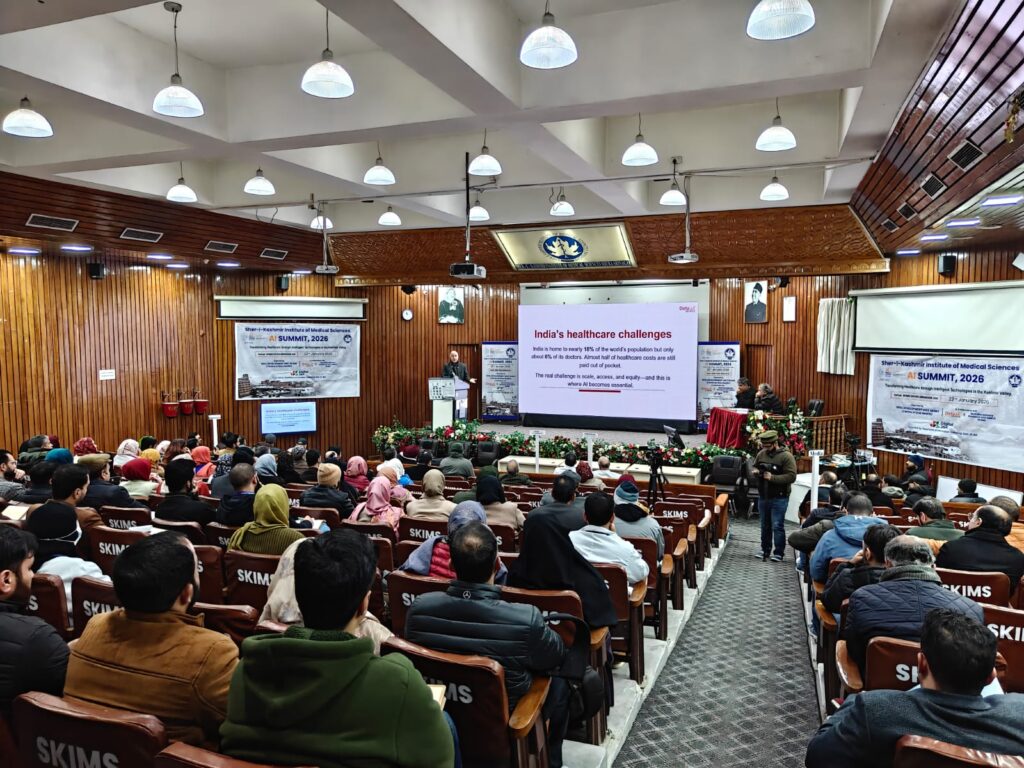Fact-check: Working night shifts takes a toll on one’s health
Author
Author
- admin / 2 years

- 0
- 2 min read

Author
Apart from circadian misalignment and its effect on physical health, studies show that shift work sleep disorder can also exacerbate mental health issues.
“Is it really such a bad idea to take up a job that requires you to work at night?” asked one of our readers recently. When it comes to the health consequences of working night shifts, the scientific evidence is loud and clear.
The consequences of disrupted circadian rhythms, particularly induced by night shift work, are profound. They pose an increased risk of developing cardiovascular ailments, such as heart attacks and hypertension, due to heightened stress responses in the body during what should be restful periods.
During the 1980s, amidst the peak of Japan’s economic prosperity, excessive work strain and insufficient sleep were attributed to a significant number of fatalities. Many instances of ‘karoshi’, or “death from overwork”, were associated with sudden cardiovascular incidents.
Studies indicate that the association between shift work and cardiovascular disease may be strongly influenced by changes in dietary habits, reduced physical activity, increased smoking, heavy drinking, poor work-life balance, and disruptions in social engagements. There is an increased risk of obesity and diabetes.
Although the emphasis of research related to shift work has historically focused on circadian misalignment and its direct consequences for sleep and sleepiness, emerging research indicates that psychological processes can also serve as risk factors for shift work sleep disorder. Studies have shown that working night shifts and getting inadequate sleep can exacerbate mental health issues, including anxiety and depression.
Healthcare workers who were assigned to night shifts exhibited elevated levels of irritability, somatization, obsessive-compulsive disorder, interpersonal sensitivity, anxiety, altered mood, and paranoid disorders. Additionally, individuals on permanent night shifts reported poorer overall health, increased absenteeism, and lower job satisfaction compared to their daytime counterparts.
Given the growing prevalence of night shift work today, it is essential for employers to recognise its potential negative impacts on their employees’ health and implement effective strategies to mitigate these risks. Providing easy access to resources such as counseling services, promoting healthy sleep habits, and offering flexible scheduling options can help support the health and well-being of night shift workforces.
Read More : Explainer: Why long work hours are injurious to health










